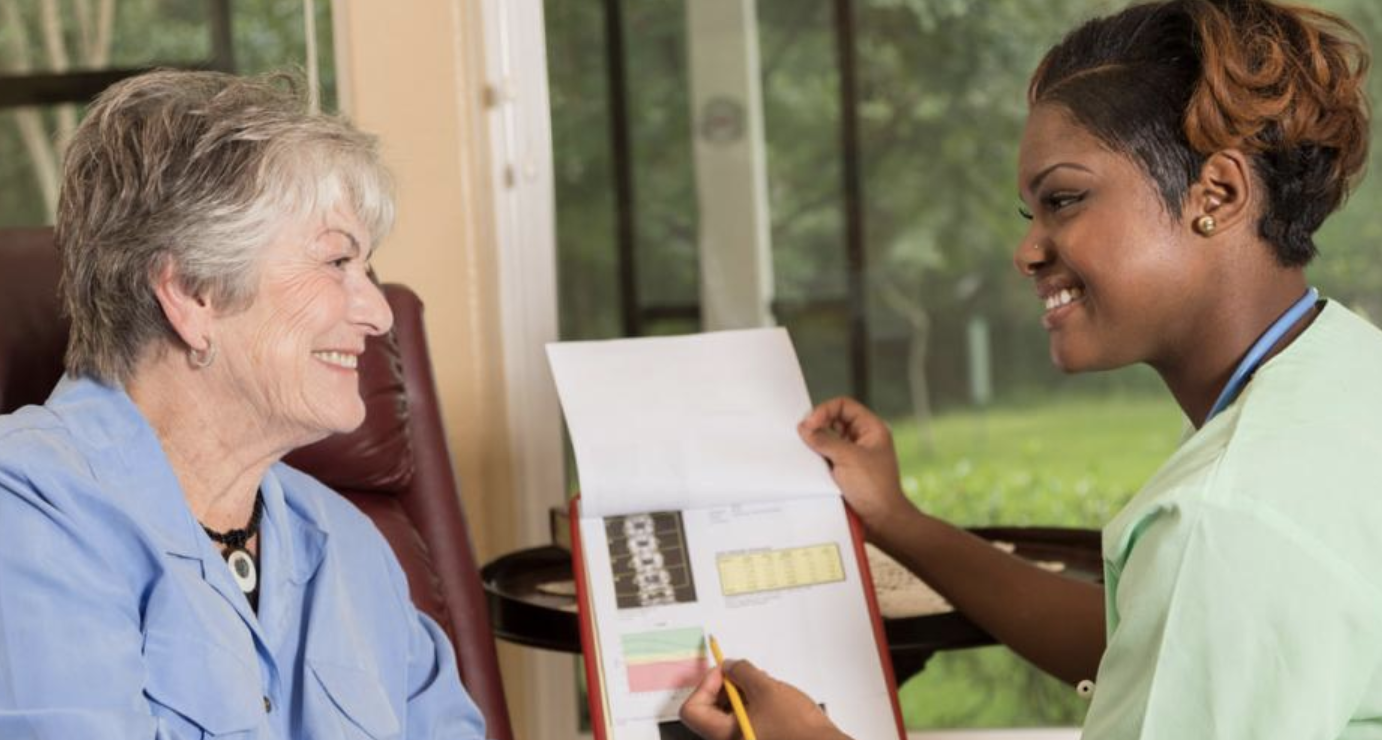By Erica Galvez
The focus of my career in health care – conducting research on patient safety at the Joint Commission; working as Program Manager for State-level HIE Project at the AHIMA Foundation; and most recently, serving as Interoperability Portfolio Manager at the U.S. Department of Health and Human Services Office of the National Coordinator for Health IT (ONC) – has been empowering providers and consumers with information they can use to drive better quality of care, and better health outcomes.

At ONC, I led the development of our Nationwide Interoperability Roadmap, creating a strategic path forward to give providers the access necessary to get the most out of their electronic health records (EHRs), apply analytics to drive population health approaches to care, and identify opportunities for preventive care. But a roadmap is only as valuable as the execution and implementation that follows its development. Translating that work into real-world, replicable action on the front lines of medicine is equally, if not more, important.
That’s why today, I’m pleased to announce I’ve joined Aledade as the company’s Director of Health Information Exchange.
In this role, my immediate focus will be ensuring that all Aledade practices receive instant admission, discharge, and transfer (ADT) notifications when patients moves into, out of, or between hospitals and other care facilities. Already, the Aledade team has been a leader in optimizing doctors’ EHR platforms, integrating Medicare claims and Health Information Exchanges, and creating intuitive platforms that assist physicians with patient outreach, thereby identifying opportunities for reducing unnecessary health care costs.
Nowhere is the link between the flow of actionable information and the avoidance of unnecessary costs more directly connected than during transitions of care. When a primary care team can be made aware that one of his or her patients is being admitted to or discharged from a hospital, or transferred between other care facilities, it enables that team to take proactive steps – sometimes as simple as calling that patient on the phone. But these small – and common sense – actions can have huge impacts. If a patient is contacted by a doctor within 48 hours of being discharged from a hospital, studies demonstrate that patient is more likely to adhere to medication instructions, and that he or she is significantly less likely to be readmitted to the hospital in the next several months. Sometimes, it’s as simple as having the ability to reassure a patient, and answer questions borne of confusion.
But while ADT notifications will be my initial focus at Aledade, they are just the beginning. Aledade’s mission – placing primary care physicians back at the center of their patients’ care – is supported by a combination of people, process, and technology. The goal is to build a comprehensive, holistic picture of a patient’s health, instead of reacting to acute issues once they arise. Making sure real-time information flows to providers seamlessly when patients are moving between care facilities is a foundational piece of that puzzle.
Right now is a unique time in health care. The integration of EHRs, analytics, and other technology has flooded physicians’ practices with a tsunami of data. For too many physicians though, this information is just that – an overwhelming flood, that’s making the practice of medicine more complicated and more burdensome. But synthesized smartly and presented intuitively, we can turn the flood of data into a stream of actionable information – a stream we can harness to power a better model of care.
That’s my job at Aledade – giving doctors and care teams the power to deliver better patient care, and improve health outcomes through technology and processes. It’s an honor to be here, and I can’t wait to continue – and expand – the work this team has started.



